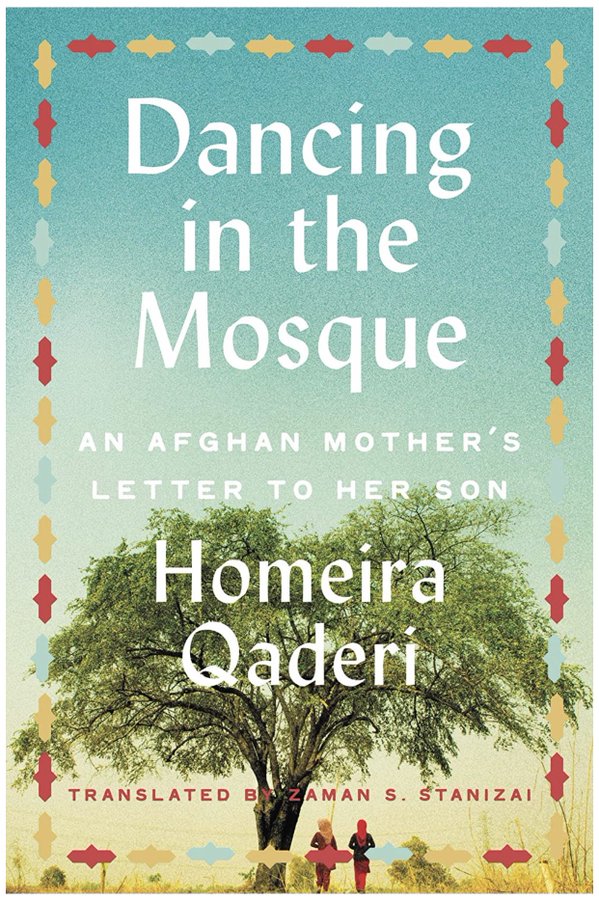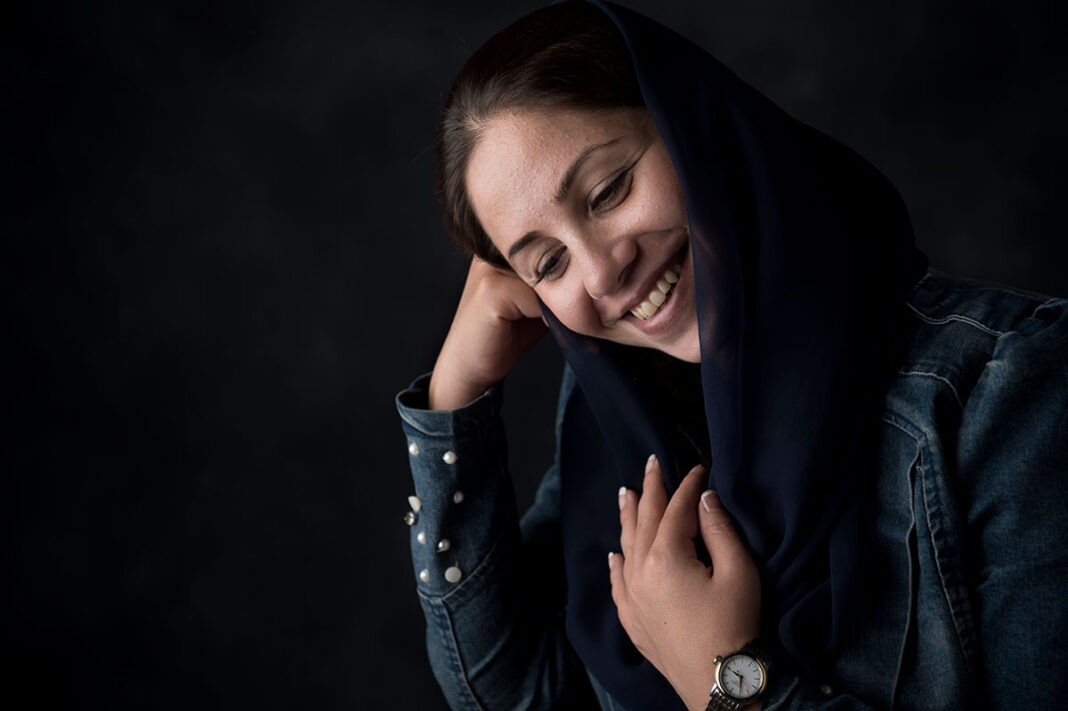AFGHANISTAN. Herat: From the streams of Injil (an area in the center of Herat) to the streets of New York, a pen that does not diminish, nor gets disappointed and remains a narrator,” Homeira Qaderi, an Afghan mother, author and human rights advocate an Afghan Mother wrote a book to tell her story for her child. Her Book stands in the 5th position among the 10 best books of December 2020, by The Christian Science Monitor.
Homeira Qaderi, shares the sweeping story of her life, from growing up in a war-torn nation Afghanistan, and ultimately becoming a professor and writer in the United States.
A Mother’s letter to her son
Dancing in the Mosque is an Afghan Mother’s letter to her son, by Homeira Qaderi, which describes how she spent and escaped a Taliban-controlled Afghanistan for the young son she was forced to leave behind when leaving for the United States of America. The book shows a story of common hardships every Afghan mother may witness in Afghanistan. She tells the stories of the Taliban period she spent and more into her personal life.

This is the first book of Qaderi written in English. The book was published officially by Harper Collins in the United States. There has been a huge welcome both in Afghanistan and abroad for this book.
Also read: Afghan Family Hopes Their Children Will Be Like Putin And Obama
“Dancing in the Mosque” was also featured among the USA Today “5 books not to miss” in December. In November 2020, her book was also among the Best New Books in the People Magazine’s Book of the Week in the United States.
“This book is our voice, our suffering, our sorrow, and our hope, Qaderi said in a tweet. In an interview with the New York Times, she said she wanted her son to know her, so she wrote a book. She frequently would write a letter to her son in an attempt to stay connected with her child she had to leave behind.
Divorced when opposed her husband
At the time when Siawash was just a toddler, her husband divorced her when she opposed his plans to take a second wife, according to her claims she told the BookReporter. Polygamy was common in his culture and allowed under Afghan law to marry at least 4 women. The law also gave Qaderi no custodial right; her son was told she was dead.
“I was irrelevant.” She writes to her son, Siawash, in one of the several massive that frame the narrative, “I looked at you and I wanted to hide you back in my womb so that once again you could belong to me, too.”
She shows her life as a girl in the Taliban period, and then as a married woman. Her grandmother (Nanah-Jan, a term used for grandmother in Herat), believed that one of the most difficult tasks of the Almighty can assign is being an impetuous, strong-willed, intelligent girl with the fate of birth in Herat, a city in northwestern Afghanistan. Her Nanah-Jan also tells her “In this land, it is better to be a stone than to be a girl.”
When the Taliban took over Herat city, schools are closed to girls, and women are beaten on the street. In her book, she tells a story where her mother urges her to turn their kitchen into a classroom to teach the neighborhood girls. At the time Qaderi was just a 13-years-old girl. She goes to teach a larger group of children in a Mosque tent.
Born in 1979, Homeira Qaderi comes from Herat, Afghanistan where she spent most of her childhood, and an era when the Taliban took over her home city. As a young woman, she took a dangerous stand to teach. Last year she was appointed as a senior advisor for the ministry of higher education.




Comments are closed.